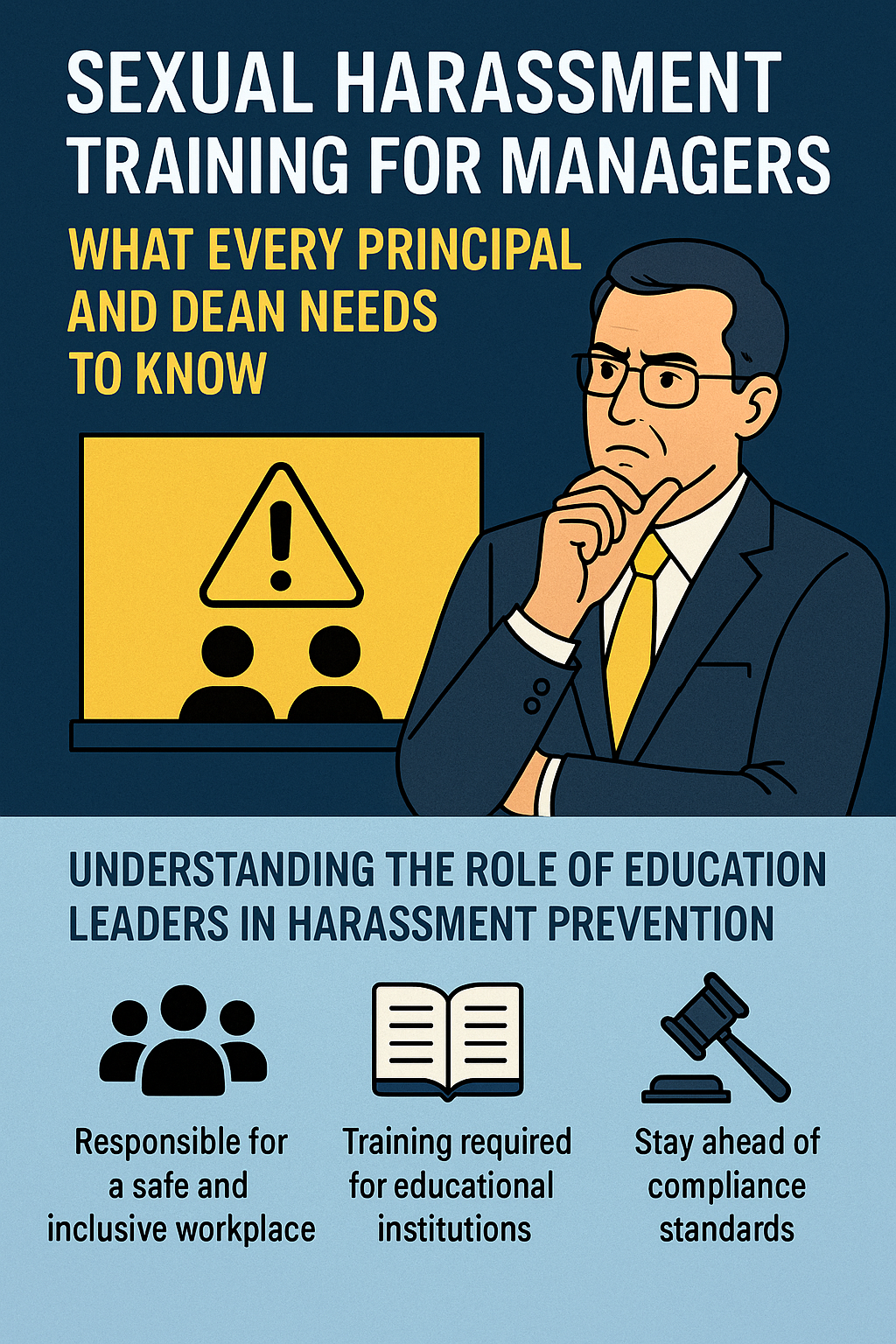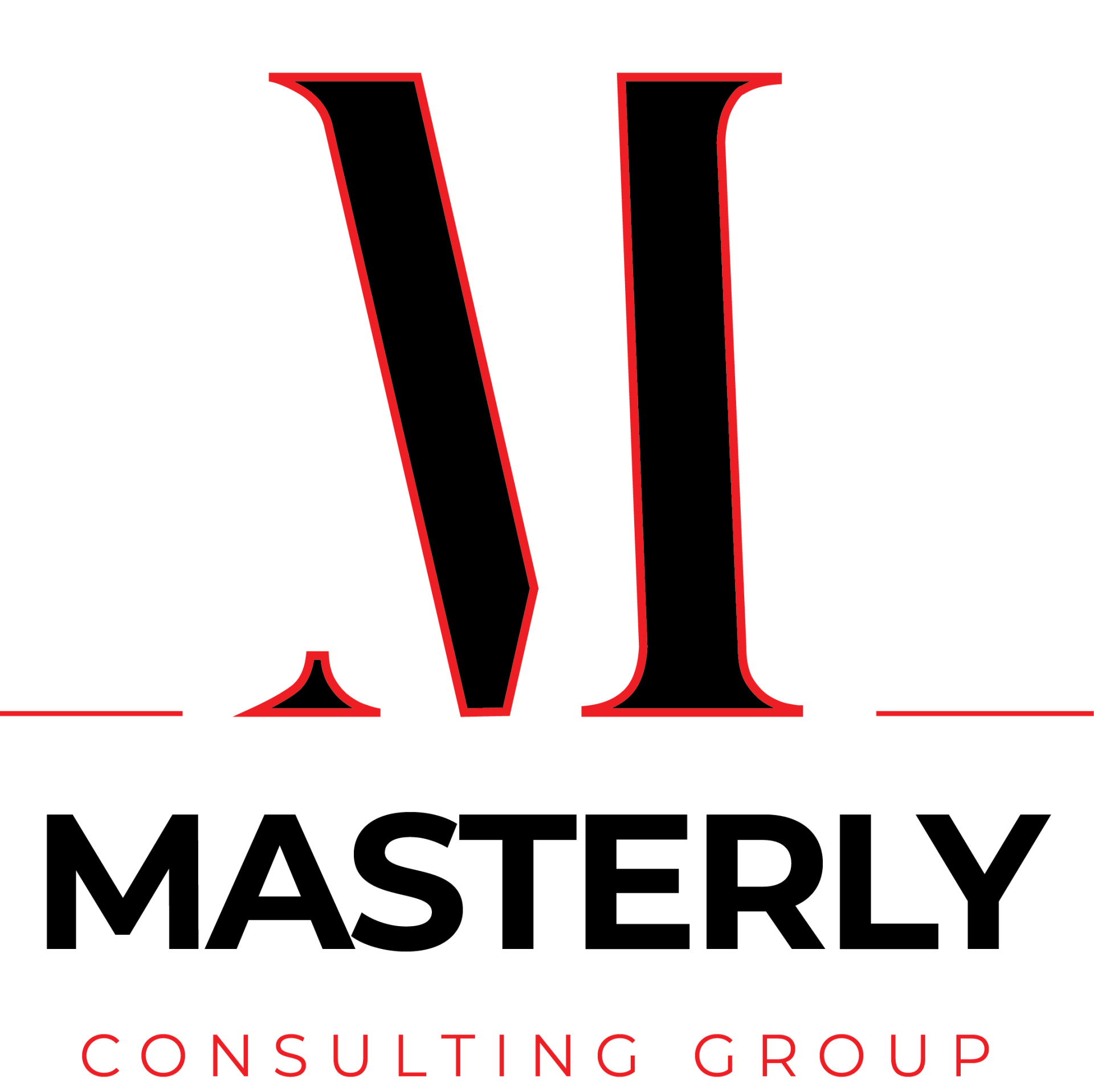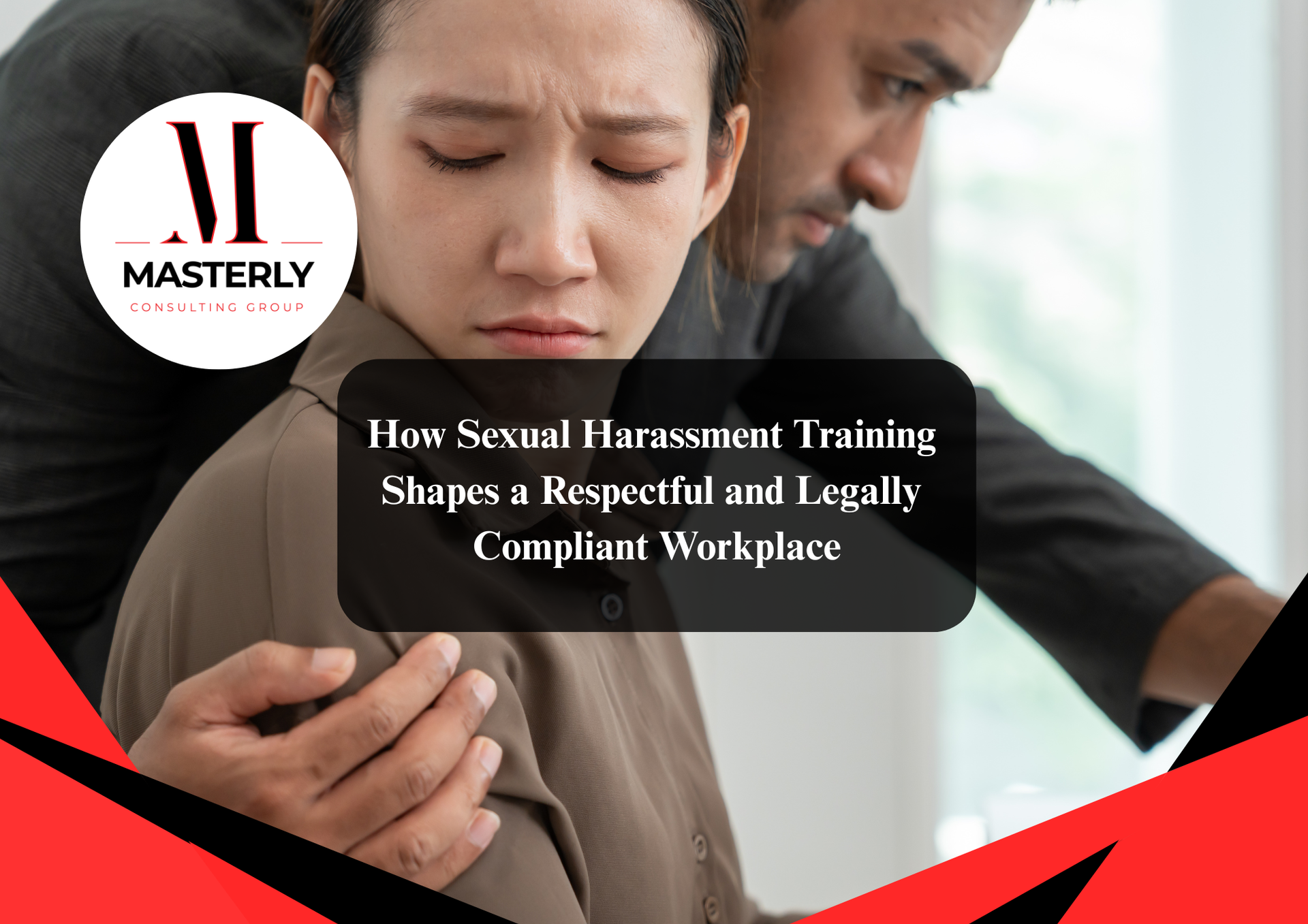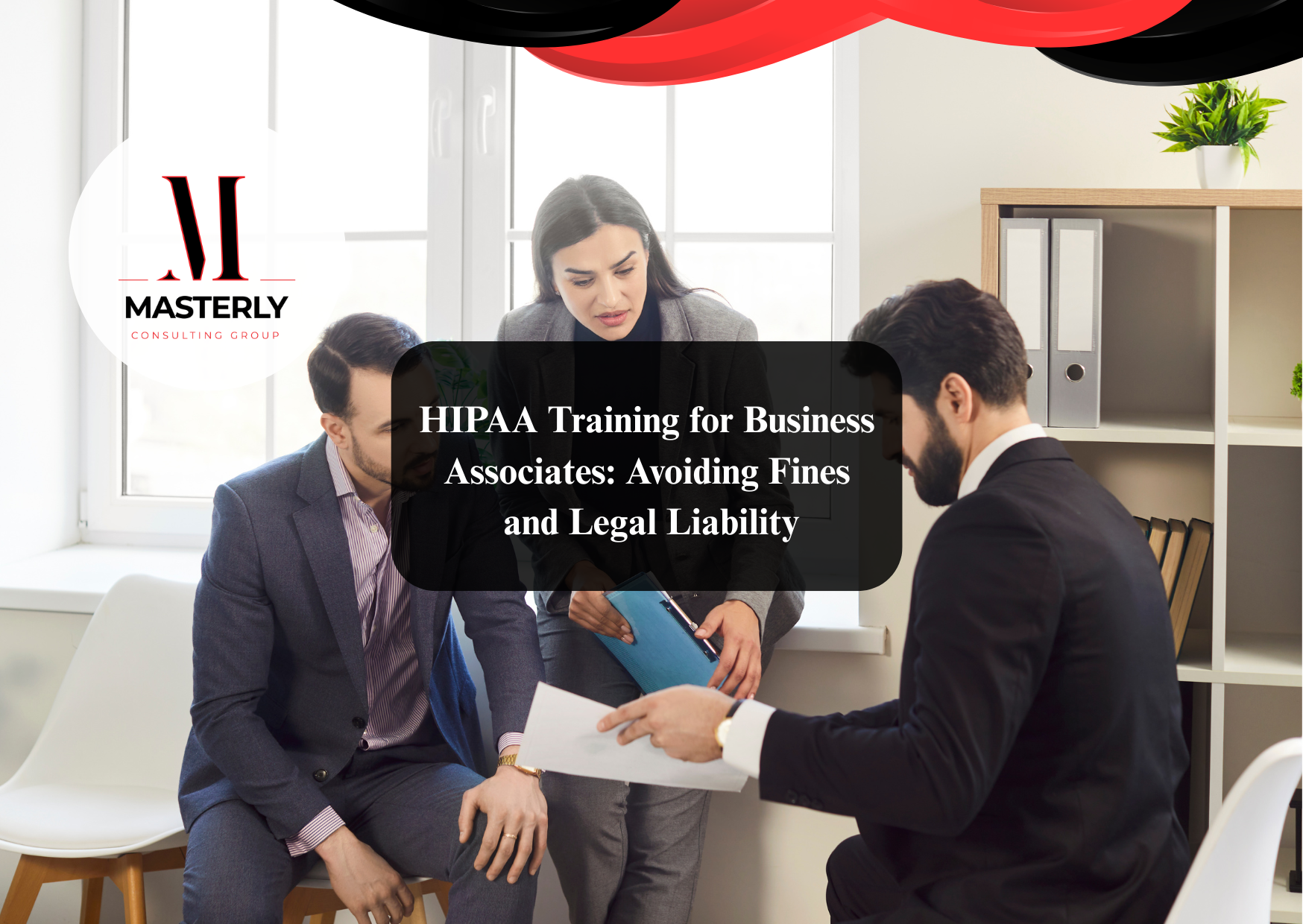Sexual Harassment Training for Managers: What Every Principal and Dean Needs to Know
Understanding the Role of Education Leaders in Harassment Prevention
School principals and university deans are not just educational leaders—they are also responsible for shaping a safe and inclusive workplace for faculty, staff, and students. Sexual harassment training for managers has become a non-negotiable requirement for educational institutions across the country. With more states mandating workplace harassment training for all levels of employees, school leadership must stay ahead of compliance standards to reduce risk and foster trust.
Whether you oversee a K-12 district or a higher education institution, being proactive with harassment prevention training is essential for protecting your organization and upholding civil rights standards under Title VII of the Civil Rights Act.
Why Managers Play a Central Role in Compliance and Culture
Managers, including principals and deans, set the tone for workplace culture in schools and universities. They are often the first point of contact when employees report harassment in the workplace. If these leaders are not properly trained to recognize, address, and prevent inappropriate behavior, the entire system can fail.
Sexual harassment training for managers ensures your leadership team is equipped to:
- Recognize unlawful harassment
- Understand retaliation risks
- Engage in conflict resolution professionally
- Report harassment effectively and document incidents
Without proper workplace harassment prevention training, even unintentional errors in how you address workplace harassment can escalate into lawsuits and reputational harm.
Meeting State and Federal Training Requirements
Education institutions that receive public funding must meet federal and state guidelines regarding sexual harassment prevention. States like California, Connecticut, Delaware, and Illinois require annual training for one or more employees, including non supervisory employees and new hires. Illinois employers, for example, must ensure training is both up to date and comprehensive.
By participating in a workplace harassment training course, school leaders meet legal compliance requirements while also reinforcing a respectful work environment. Masterly Consulting Group designs training content that aligns with the legal requirements of these states and others.
The Importance of Annual and Ongoing Training
Annual training is a minimum standard, not a complete solution. Managers benefit from ongoing refresher courses and updated harassment prevention training that includes recent legal updates, best practices, and evolving definitions of acceptable behaviors in the workplace.
Continuing workplace training ensures all supervisors and non supervisors are aligned with current standards and reinforces a culture of prevention. Consistency is key in cultivating a respectful and inclusive workplace that evolves with the needs of staff and students.
Incorporating Key Concepts into Training Programs
Effective harassment training isn’t about checking boxes—it’s about instilling key concepts that employees and managers can use in real-world situations. Every workplace harassment training course should include:
- Legal definitions of sexual harassment and discrimination
- Role-playing for conflict resolution
- Guidance on handling offensive jokes and inappropriate behavior
- Reporting procedures and retaliation prevention
This knowledge prepares managers to address instances of misconduct while maintaining professionalism and empathy.
Empowering Managers Through Interactive Online Training
For busy school leaders, flexibility matters. Masterly Consulting Group offers online training sessions that managers can complete from a desktop or mobile device. These sessions are interactive, scenario-based, and guided by education law experts.
The convenience of online training enables education leaders to meet compliance obligations while receiving customized instruction tailored to school environments.
Building Confidence to Report Harassment and Take Action
Many managers hesitate to report harassment because they fear missteps or retaliation. A strong sexual harassment training program removes uncertainty by offering clear protocols, up-to-date information, and mock case studies.
When principals and deans know how to respond to incidents swiftly and legally, they reduce organizational risk and help prevent recurrence. Workplace harassment prevention training builds the confidence needed to take appropriate action.
Training for Managers, Not Just Staff
While many institutions offer general harassment prevention programs, specialized sexual harassment training for managers is crucial. School administrators face unique challenges when managing faculty, staff, and sometimes student-related incidents.
Our workplace harassment training for education leaders covers scenarios not addressed in standard employee programs. It emphasizes the responsibilities of managers and their elevated role in setting standards and leading investigations.
The Role of Bystander Intervention in Educational Settings
Bystander intervention training is a powerful tool in harassment prevention. Teaching managers how to intervene, support victims, and redirect behavior without escalating conflict promotes a respectful work environment.
Principals and deans can reinforce bystander strategies among staff and lead by example in addressing workplace harassment.
Custom Training Content for School Environments
Not all workplace harassment training fits the education sector. Masterly Consulting Group designs harassment prevention training tailored to schools and universities. Our sessions address the complexities of:
- Reporting structures in public school systems
- Faculty-student dynamics
- Technical support for remote campuses
- Title VII and state-specific laws for york city employers and other states
We understand that school districts need targeted compliance training to support diverse educational environments.
Addressing Inclusion, Equity, and Respect in Every Session
Harassment training should go beyond preventing harassment—it should build an inclusive workplace rooted in respect and trust. Inclusion training incorporated into harassment prevention courses enhances employee morale and promotes fairness.
Education leaders who embrace inclusion and equity create stronger organizational culture and reduce discrimination related to race, national origin, gender, or other protected categories.
Supporting New Employees and Non Supervisory Staff
Managers also have the responsibility to support new employees and non supervisory employees with the same standards and training. When leadership models appropriate behavior, it sets clear expectations for every team member from day one.
Offering consistent training to all levels of staff strengthens the workplace and reduces risk across the board.
Avoiding Common Compliance Gaps in Schools
Some schools fail to meet federal or state harassment prevention requirements because they rely on outdated training models. This puts the organization at risk for fines, lawsuits, and public scrutiny.
Avoid these gaps by:
- Updating workplace harassment training annually
- Offering specialized content for different employee roles
- Including examples from the educational setting
Masterly Consulting Group helps educational institutions stay compliant and current with their workplace harassment training course offerings.
The Link Between Training and Employee Morale
Sexual harassment prevention training has a direct impact on employee morale. When staff feel protected, heard, and empowered, they are more engaged in their roles. Clear communication about acceptable behaviors and how to address workplace harassment builds trust in leadership.
Effective training also reduces turnover and fosters a workplace where all employees can thrive.
Preventing Legal Risk with Clear Workplace Policies
A sexual harassment prevention policy is only effective if everyone understands and follows it. Training helps managers interpret and apply these policies consistently.
Masterly Consulting Group works with school HR teams to:
- Craft clear, legally sound sexual harassment prevention policies
- Train managers on how to apply them in day-to-day decisions
- Ensure alignment with school, state, and federal expectations
Preparing for Audits and Legal Reviews
Schools may be subject to compliance audits or legal reviews related to harassment policies and procedures. Having comprehensive, documented workplace training programs in place is essential.
Our training supports documentation standards and provides technical support to help your school prepare for any review or investigation.
Tailoring Workplace Training to the Education Sector
The needs of K-12 schools differ from those of universities. Our workplace harassment training is built to reflect these differences while remaining rooted in the same core goals of compliance, prevention, and education.
From onboarding new teachers to preparing university deans for crisis response, we deliver education-specific training solutions that work.
When to Schedule Training for Maximum Impact
The best time to begin sexual harassment prevention training is before an incident occurs. We recommend scheduling sessions:
- At the start date of each school year
- During new employee onboarding
- After updates to state or federal laws
Regular sessions support a consistent culture of accountability and help avoid reactive responses to incidents.

Strengthening School Leadership Through Comprehensive Prevention and Inclusion Training
Effective leadership in education requires more than disciplinary authority—it demands the skills to lead harassment prevention training that genuinely improves workplace culture. Principals and deans must go beyond the basics by incorporating bystander intervention training, sexual harassment prevention, and inclusion training into their compliance training initiatives.
These elements equip school leaders with proactive tools for preventing harassment and addressing harassment in the workplace before it escalates. When decision-makers are trained to recognize early warning signs and model inclusive behavior, they foster a safer and more respectful environment for both staff and students. A complete approach to compliance ensures that managers are not just responding to incidents, but actively building a foundation that prevents them.
Reinforcing Respect Through Leadership Example
Principals and deans must lead by example when it comes to preventing harassment and creating a respectful workplace. Through training, they learn how to model respectful interactions and set clear expectations for all employees.
This leadership helps establish the tone for the entire organization, promoting a safe and productive environment for everyone.
Contact Us for Customized Sexual Harassment Training for Your School
When educational institutions fail to properly train their leadership, they expose themselves to risk, liability, and long-term reputational harm. The Masterly Consulting Group offers comprehensive, customized sexual harassment training for managers designed specifically for K–12 and higher education.
Contact us at (888) 209-4055 to book a free consultation. Our team is ready to help your school create a safer, more respectful environment with compliant, engaging, and up-to-date training solutions that empower leaders and protect communities.








